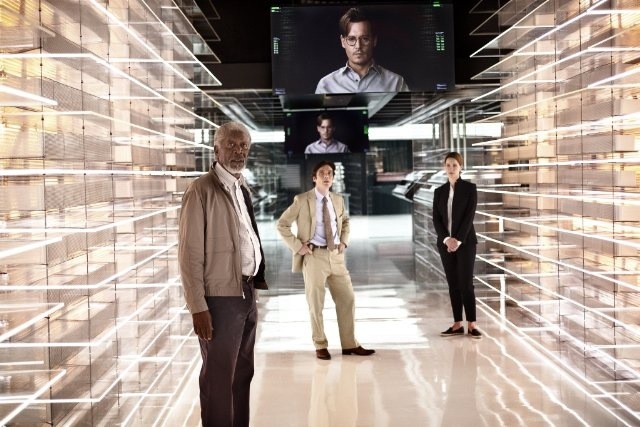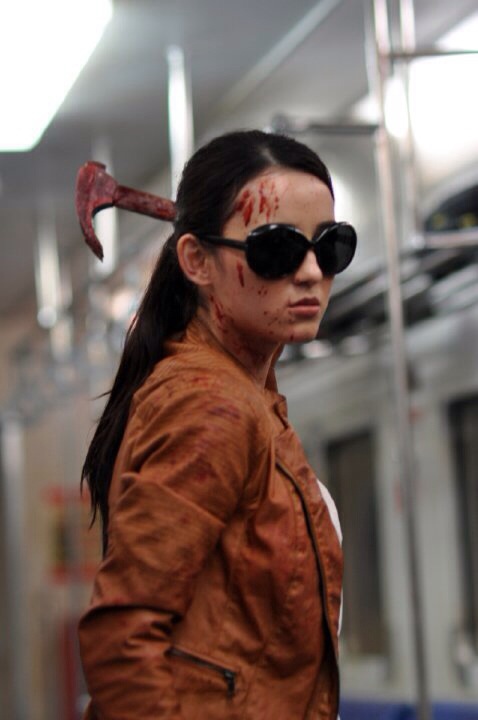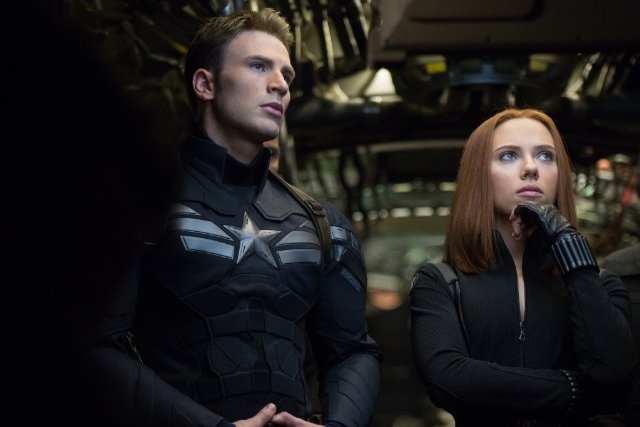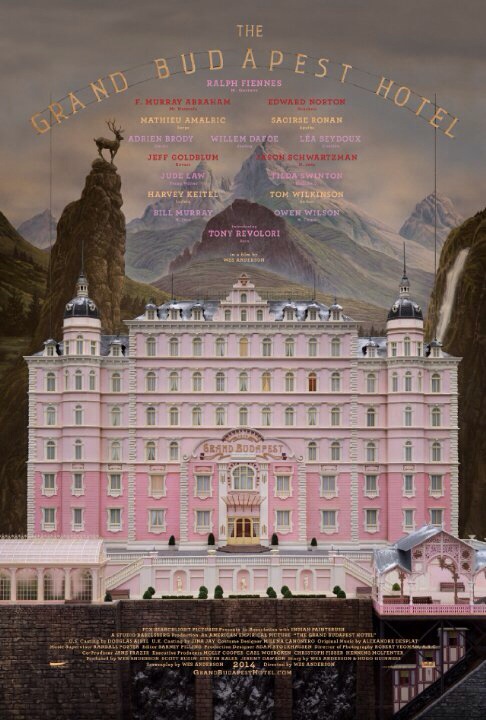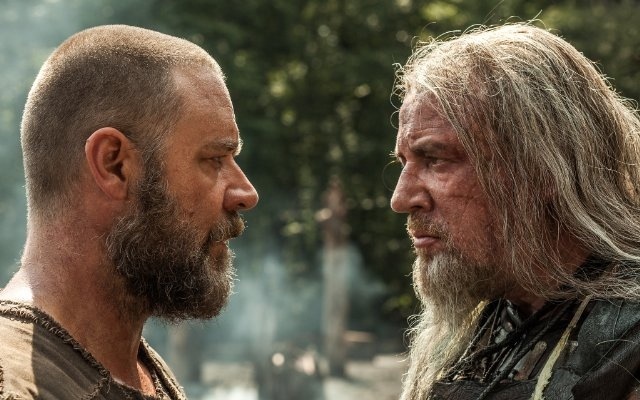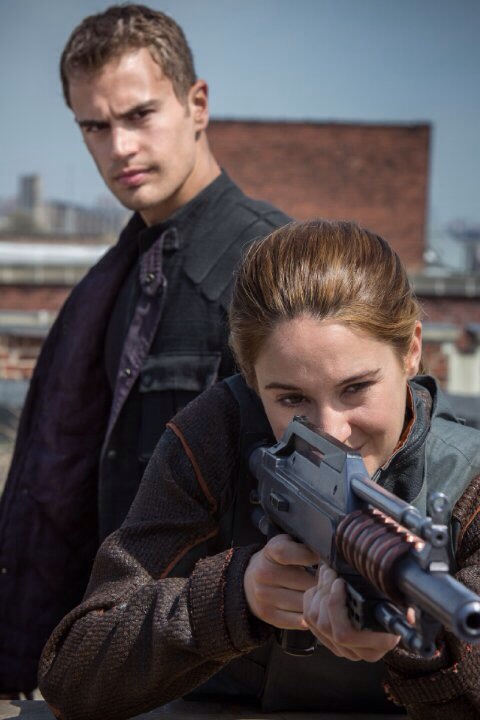Godzilla is a film I very much enjoyed in the same way that I did Pacific Rim last year. It is polarizing and flawed, but the film is best enjoyed by immersing yourself in the two hour ride and letting the experience take you over. Don’t think too much about the ride when it’s done because you will be able to pick it apart and the whole thing will come tumbling down.
Let’s start with things I liked because the flawed elements of the film are numerous and I want to emphasize that I did, in fact, enjoy this movie. The cinematography and shot compositions are top notch. Director Gareth Edwards frames the monsters in amazing ways that conceal as much as they reveal which lets the audience’s imagination fill in the blanks. He also shoots everything from the perspective of the human characters enabling the scope and size of the monsters to be more fully realized. There are no Michael Bay-esque omniscient cameras floating around the sky. This grounding of the camera lends itself to our perspective and gives the creatures a size and weight that is usually missing from big budget blockbusters. Perhaps Edwards’ most interesting achievement is the way he makes Godzilla a CGI spectacle that still moves like a guy in a rubber suit. Everything about the monsters works on every level with a couple of fantastic battles in the third act that are completely satisfying.

Godzilla also serves as Gareth Edwards’ loving homage to Spielberg. That influence is felt throughout is ways both big, small, and on the nose. For example, the main character’s name is Ford Brody. Edwards also cribs Spielberg’s tendency to very slowly reveal the elements that are larger than life. Edwards himself stated in an interview that Jaws was a huge inspiration for this film and it is evident throughout. Edwards tries to evoke the same awe and wonder that Spielberg mined so well in films like Jaws and Jurassic Park. The reason Godzilla doesn’t live up to those films is that it lacks the human and emotional elements that Spielberg has mastered.
The humans are truly the worst aspect of Godzilla. They are terrible. It is terrible acting with a terrible script. Aaron Taylor-Johnson, in particular, gives one of the most bland, uninterested, and devoid of emotion performances ever put to film. With a rich cast that also includes, Bryan Cranston, Juliette Binoche, Ken Watanabe, Elizabeth Olsen, Sally Hawkins, and David Strathairn it is amazing how much talent Godzilla wastes in its actors. Each actor is allowed to bring one dimension to the table and that’s it. Elizabeth Olsen plays crying wife. David Strathairn plays straight-laced Naval officer. Etc. Bryan Cranston is the only one who makes a go of it and even that is ultimately wasted due to the script. The human element is far and away the worst aspect of the film. However, in a movie called Godzilla I wonder how much leniency can be given to a film that gets the humans so wrong but gets Godzilla so right.

I would also like to make particular mention of the atrocious and mind-bogglingly bad editing in this film. It is easily one of the worst edited films I’ve seen this year. There is a scene near the beginning where three characters are running away from something and they are in different positions depending on whether they are being shown from the front or behind. From the front, the female character is in the lead, and when they are shown from behind she is shown to be tailing the other two men. There are scenes that end before reaching their climax. There are scenes that end before the action is done. It is just so sloppy as to be appalling at some points.
All of this being said, I enjoyed Godzilla. I was willing to overlook the bad parts in order to enjoy the good. For me at least, a half hour of bad human characters talking nonsense was erased by the breathtaking halo jump sequence. The last half hour of the film features almost zero dialogue and it is little wonder why it is the most successful portion of the movie. This film also features some amazing sound design. From the creature roars to silence this film utilizes sound in a wonderful way that enhances the visuals. Gareth Edwards has a keen sense for visual composition but clearly needs to brush up on storytelling logic and human emotion. This is a monster movie that takes its time getting there, which can be frustrating, but the last portion of the film is exquisitely done. Godzilla is going to be polarizing in exactly the same way Pacific Rim and Cloverfield were. I enjoyed both of those films as I did this one. My enjoyment, and ultimately my grade, is based on my recognition that these films are bad, but I enjoyed them nonetheless. Grade: B








